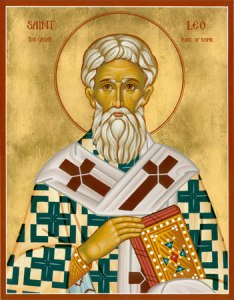 The bodily Nativity therefore of the Son of God took nothing from and added nothing to His Majesty because His unchangeable substance could be neither diminished nor increased.
The bodily Nativity therefore of the Son of God took nothing from and added nothing to His Majesty because His unchangeable substance could be neither diminished nor increased.
For that “the Word became flesh” does not signify that the nature of God was changed into flesh, but that the Word took the flesh into the unity of His Person.
And therein undoubtedly the whole man was received, with which within the Virgin’s womb fecundated by the Holy Spirit, whose virginity was destined never to be lost, the Son of God was so inseparably united that He who was born without time of the Father’s essence was Himself in time born of the Virgin’s womb.
For we could not otherwise be released from the chains of eternal death but by Him becoming humble in our nature, Who remained Almighty in His own.
And so our Lord Jesus Christ, being at birth true man though He never ceased to be true God, made in Himself the beginning of a new creation, and in the “form” of His birth started the spiritual life of mankind afresh, that to abolish the taint of our birth according to the flesh there might be a possibility of regeneration without our sinful seed for those of whom it is said, “Who were born not of blood, nor of the will of the flesh, nor of the will of man, but of God” (John 1:13).
What mind can grasp this mystery, what tongue can express this gracious act? Sinfulness returns to guiltlessness and the old nature becomes new; strangers receive adoption and outsiders enter upon an inheritance. The ungodly begin to be righteous, the miserly benevolent, the incontinent chaste, the earthly heavenly.
And whence comes this change, save by the right hand of the Most High? For the Son of God came to “destroy the works of the devil” (1 John 3:8), and has so united Himself with us and us with Him that the descent of God to man’s estate became the exaltation of man to God’s.
Leo the Great (c.400-461): Sermon 27, 2.
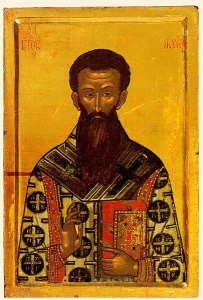 Matthew…begins with those born first, and makes no mention of anyone born before Abraham.
Matthew…begins with those born first, and makes no mention of anyone born before Abraham.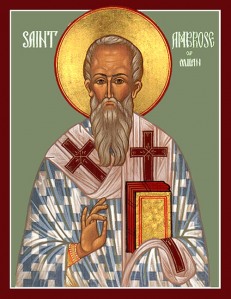 Just as Jonah was plunged into a deep sleep within the ship, without a thought of being woken up, so did our Lord Jesus Christ, who in the mystery of his death provided the antitype of that Old Testament figure, sleep soundly during his lifetime, as the gospel tells us, in a boat.
Just as Jonah was plunged into a deep sleep within the ship, without a thought of being woken up, so did our Lord Jesus Christ, who in the mystery of his death provided the antitype of that Old Testament figure, sleep soundly during his lifetime, as the gospel tells us, in a boat.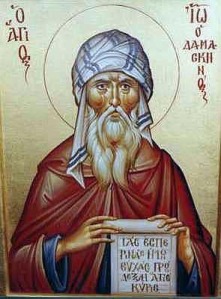 Continued from
Continued from 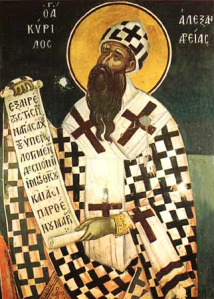 “I am dying”, said the Lord, “for all men, so that through me all may have life.
“I am dying”, said the Lord, “for all men, so that through me all may have life.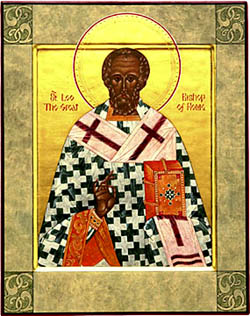 No one, however weak, is denied a share in the victory of the Cross, nor is anyone beyond the help of the prayer of Christ.
No one, however weak, is denied a share in the victory of the Cross, nor is anyone beyond the help of the prayer of Christ.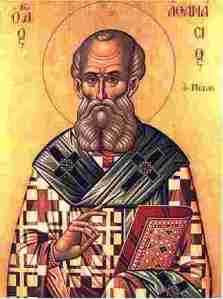 Continued from
Continued from 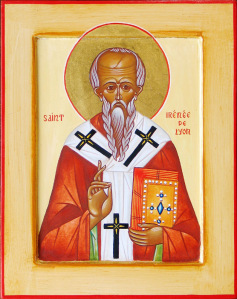 Continued from
Continued from 







